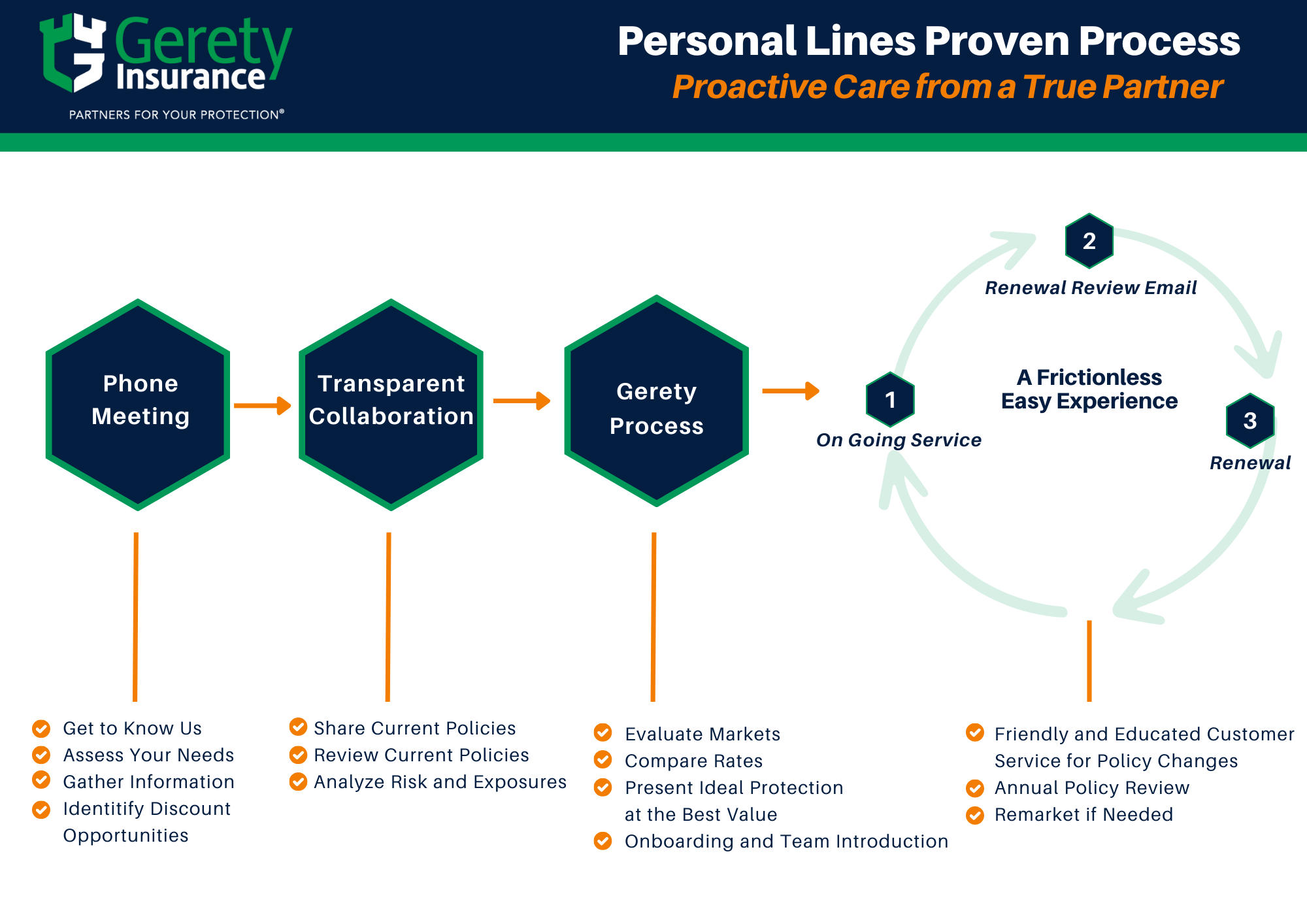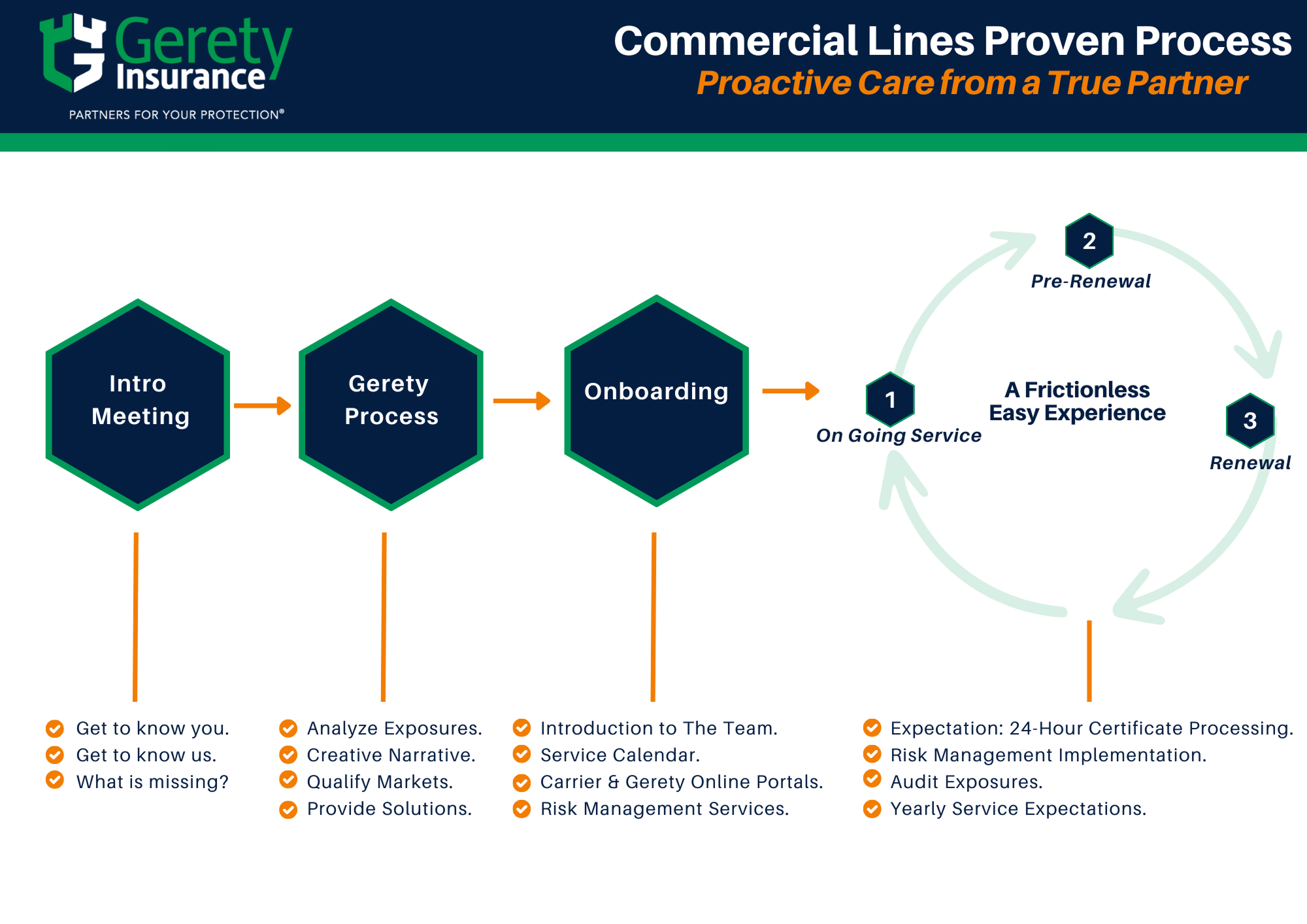As a business owner, you’ve worked hard to build your company. You’ve invested in the right equipment, hired great people, and built strong customer relationships. But a growing threat could put all of that at risk: cyberattacks.
60% of small businesses that experience a cyber attack shut down within six months. A single data breach or ransomware attack can cost thousands, if not millions, in damages, lawsuits, and lost trust. Recovering from a cyber incident can be nearly impossible without the right protection.
That’s where cyber liability insurance comes in. It can mitigate the financial fallout of cyberattacks, covering recovery costs and helping businesses bounce back more quickly.
This guide will explain what cyber liability insurance covers, clarify common misconceptions about data breach coverage, and help you determine whether your business needs this protection.
What is Cyber Liability Insurance?

Cyber liability insurance is a specialized policy designed to protect businesses from the financial fallout of cyberattacks, data breaches, and other security incidents.
Unlike general business insurance, which covers physical damages or liability claims, cyber liability insurance focuses specifically on the risks associated with digital threats.
Cyber Risk Insurance vs. Data Breach Insurance
Cyber liability insurance is an umbrella term that covers multiple aspects of digital threats, including cyber risk insurance and data breach insurance. While the terms are sometimes used interchangeably, they cover different aspects of cybersecurity threats.
Cyber Risk Insurance: This is your broad protection plan. It covers multiple types of digital threats, including:
- Ransomware attacks that lock up your systems
- Phishing scams that trick employees
- Business downtime when systems fail
Data Breach Insurance: This specifically covers what happens when someone gets unauthorized access to sensitive information, such as:
- Notifying affected customers
- Providing credit monitoring
- Handling legal expenses
Most cyber liability policies include both types of coverage, but you’ll want to make sure you have the right mix for your business.
Who Needs Cyber Insurance?

Many small business owners think they’re too small to be targeted. In reality, criminals often target smaller businesses because they typically have fewer security measures in place.
However, if you use computers, store customer information, or do business online, you likely need cyber insurance.
Do you store customer emails? Do you process credit card payments? Do you keep employee records? The more sensitive information you handle, the more protection you need.
Additionally, some businesses legally must have cyber protection:
- Healthcare providers handling patient records
- Financial services managing client data
- Government contractors with sensitive information
Laws like HIPAA, GDPR, and PCI DSS require businesses in specific industries to protect consumer data, and failing to do so can result in heavy fines.
What Does Cyber Liability Insurance Cover?

Coverage typically falls into two main categories: first-party coverage, which helps businesses recover from an attack, and third-party coverage, which protects against claims from customers, vendors, or regulators.
First-Party Coverage: Direct Protection for Your Business
First-party coverage helps you handle immediate costs after an incident:
- Getting your data back after it’s lost or stolen
- Covering lost income if you need to shut down temporarily
- Managing ransom demands from cyber criminals
- Rebuilding customer trust through PR efforts
- Notifying customers about data breaches
Third-Party Coverage: Protection Against Outside Claims
Third-party coverage shields businesses from financial liability when others hold them responsible for a cyber incident:
- Legal defense if customers sue overexposed data
- Coverage for regulatory fines
- Protection if a data breach happens through a vendor
Having both types of coverage protects you from the immediate impact of a cyber attack and from the long-term financial and legal consequences that could follow.
What Does Cyber Insurance Not Cover?

Just like your business owner’s policy has specific exclusions, cyber insurance doesn’t cover everything digital. Understanding these gaps will help you avoid surprises and ensure that your business has the complete protection it needs.
1. Lost Future Business
While your policy will help with immediate revenue losses during an attack, it won’t cover long-term customer losses or future income drops. Think of it like a storm damaging your store; insurance covers immediate repairs but not potential lost future customers.
2. Security Improvements
Your policy will typically restore systems to their pre-attack state but will not cover upgrades or improvements. Even if better security could prevent future attacks, that’s typically considered a business expense, not an insurance cost.
3. Pre-existing Problems
Just like how health insurance won’t cover pre-existing conditions, cyber insurance typically won’t cover issues you knew about before getting coverage. Being upfront about your current security situation is crucial.
4. Internal Threats
If an employee intentionally causes a data breach, you might not be covered. This is where having additional coverage, like crime insurance, becomes important.
5. Acts of War
Most policies exclude cyber attacks linked to international conflicts or terrorism. If your business is damaged by hackers working for a foreign government, your insurance likely won’t cover the losses.
Understanding these exclusions is crucial for developing a comprehensive cybersecurity strategy. While cyber insurance is an essential tool for risk management, it works best as part of a broader approach that includes robust security measures, employee training, and incident response planning.
Cybersecurity Insurance Requirements
Before you start shopping for policies, understand that insurers will look closely at your current security practices. Think of it like applying for car insurance; insurers want to know you’re a responsible driver before they cover you.
Most insurers require basic security measures such as:
- Multi-factor authentication for all remote access to your systems and critical accounts.
- Regular data backups that are kept separate from your main network
- Up-to-date software and security patches across all your systems
If you handle sensitive data like healthcare records or credit card information, you’ll also need to prove compliance with relevant regulations. For instance,
- Healthcare providers need to show HIPAA compliance.
- Companies handling European customer data must follow GDPR rules.
- Businesses processing credit cards need to meet PCI DSS standards.
Your insurance provider will typically review your compliance during the application process. Being upfront about any gaps in your security can help avoid claim denials later.
Is Cyber Liability Insurance Right for Your Business?

For most businesses, the question isn’t really if you need cyber insurance but rather how much coverage you need. Most business owners are surprised to learn how vulnerable they are.
Take a moment to review this checklist:
- You store customer data (including emails, addresses, or payment information).
- Your business relies on computers or online systems to operate.
- You have employees who access company systems or email.
- You process credit card payments or handle financial transactions.
- You maintain digital records of any kind.
If you checked even one of these boxes, your business could benefit from cyber liability insurance.
Remember, cyber insurance works best as part of a larger security strategy. While insurance helps you recover from incidents, you’ll also need strong security practices, regular employee training, and up-to-date systems to minimize your risk.
At Gerety Insurance, we understand the unique digital risks facing businesses today. Our team can help you find the right coverage at affordable rates with the personal attention you deserve.
You can start by requesting a quote today. We’re here to help you protect what you’ve built.






